Concerns raised about accessibility and financial constraints on study abroad opportunities
Four to five students could not go on Professor Wilson-Fall’s Interim Senegal trip–a photo of which from 2019 is shown above–because they did not receive financial aid. (Photo courtesy of Lafayette News)
October 22, 2021
Studying abroad is often a hallmark of the college experience, and this is no exception for Lafayette. With full-semester, summer and interim trips sending students to countries ranging from Egypt to Argentina, the college offers a wide variety of study abroad programs. However, not all students have equal access to these opportunities due to financial concerns.
Depending on the type of study abroad program one applies to, the application of financial aid changes. For example, the Office of Financial Aid states that a students’ on-campus financial aid will “automatically be applied to the study abroad program” when one plans to spend a full semester abroad.
For interim trips, however, students are only eligible for financial assistance if they have not previously studied abroad in any capacity. This policy, which the office attributes to lacking funds in a financial aid information sheet, creates difficulty for students to continue an interim trip after a semester abroad.
Africana Studies professor Wendy Wilson-Fall finds a “significant equity issue” between students who can afford to independently finance a second trip and students who rely on college funds and, as a result, cannot take a second trip. For example, her department has organized a Winter Interim trip to Senegal that four or five students no longer can participate in due to a lack of funding.
One of those students was Imane Halal ‘23. Currently abroad in San Jose, Costa Rica, they were hoping to go to Senegal because their thesis covers gender and sexuality in Africa. However, when applying for the trip, they were told by the College they could not receive financial aid for the trip because they are currently abroad.
Although students can be offered loans to help pay for their time abroad, the requirement to pay back that loan adds increased financial strain. Additionally, as opposed to fully covering expenses, the grant amounts “may range from 25-75% of the program costs,” according to the aforementioned information sheet. This means that even students who do receive financial aid may still face out-of-pocket costs.
“If you’re not really voicing what you need, it can be very hard to get the resources that you need,” Halal said, “I had to apply for the Posse Pay it Forward program because I couldn’t cover my meals. There are a lot of out of pocket costs,” they explained.
Another obstacle many students confront in applying for study abroad is the mandatory down payment fee of $500. This payment to the Office of International and Off-Campus Education is used to demonstrate a student’s commitment to the office. Rochelle Keesler, the director of the study abroad office, noted that students who struggle financially can “submit a waiver to secure their place in the program in place of the deposit.” In Halal’s case, however, they were unable to do so because they got funds waived for their trip to Costa Rica.
These policies, along with their knowledge of students who went on multiple trips while still receiving financial assistance, led Halal to say that “[the financial aid office] is not being transparent about what’s changing.” Halal feared that this will drive students away from applying to study abroad.
Wilson-Fall emphasized the importance of accessibility for studying abroad, saying that studying abroad “opens up your whole view of the world and of yourself.” Specifically, she feels that the trip to Senegal holds great cultural value.
“For Americans, West Africa has particular value because most African-Americans descend from people who were brought over from West Africa,” Wilson-Fall explained. “Whether you’re Black or white, you get this insight into what makes American culture, whether it’s US culture, Jamaican culture, Dominican culture–it’s exciting.”
Similarly, Halal described studying abroad as a life-changing experience that “everyone should have access to,” specifically noting the hands-on experience of studying in a different country.
“Not only is it good for you mentally and physically, but you’re also growing and experiencing new things, and I think it makes your education more intersectional,” they said.





































































































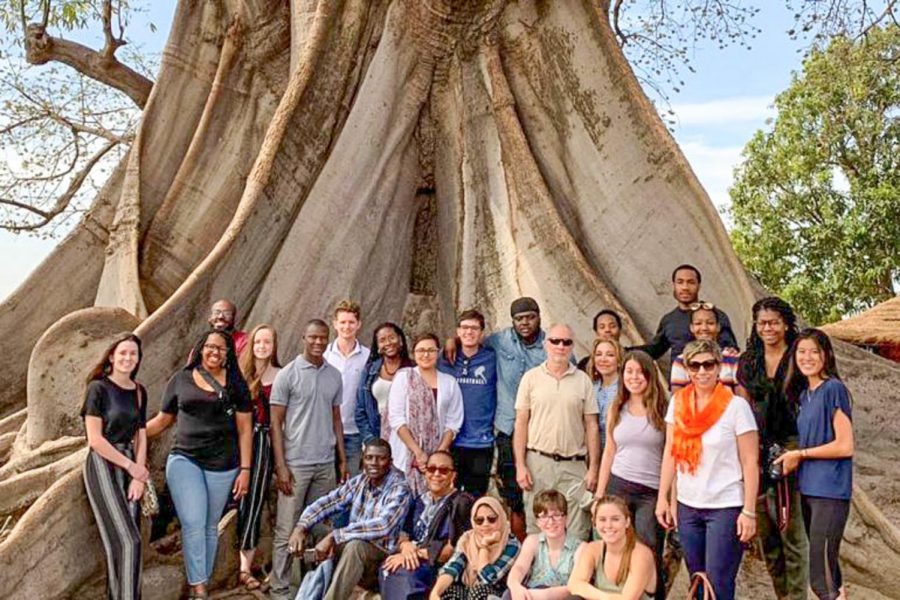
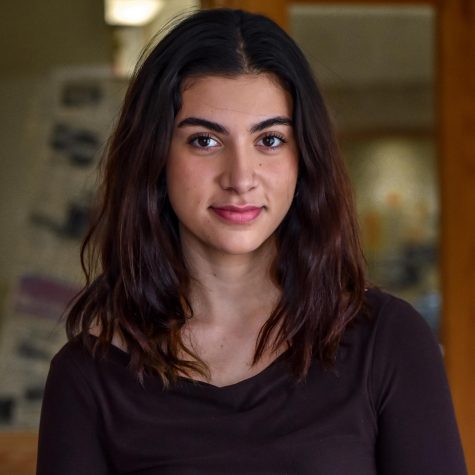

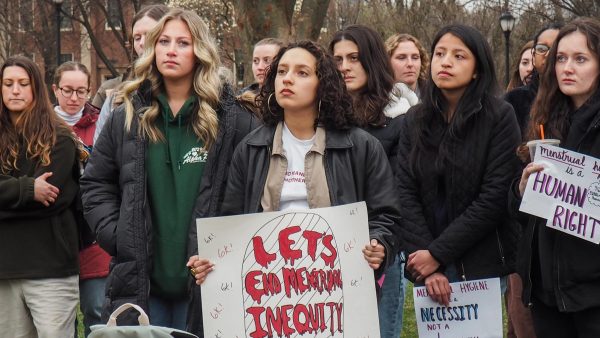
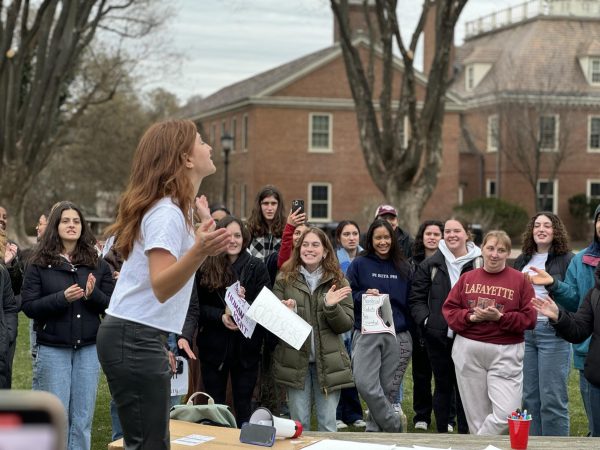
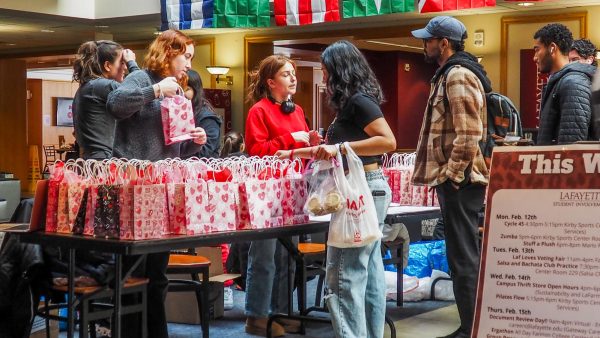
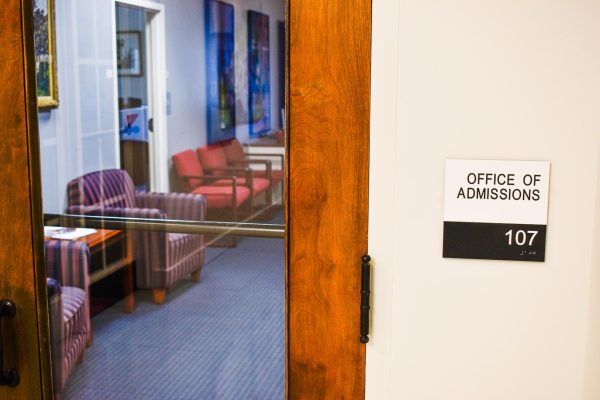

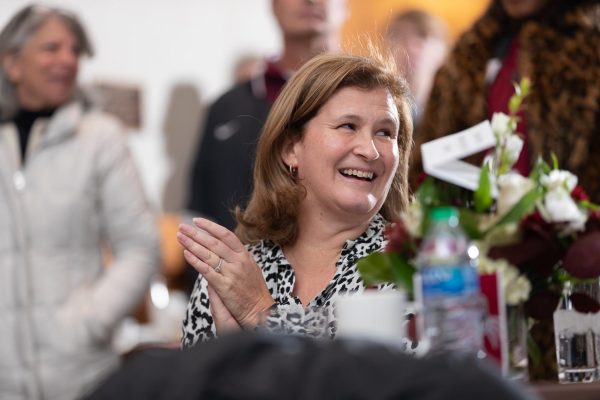
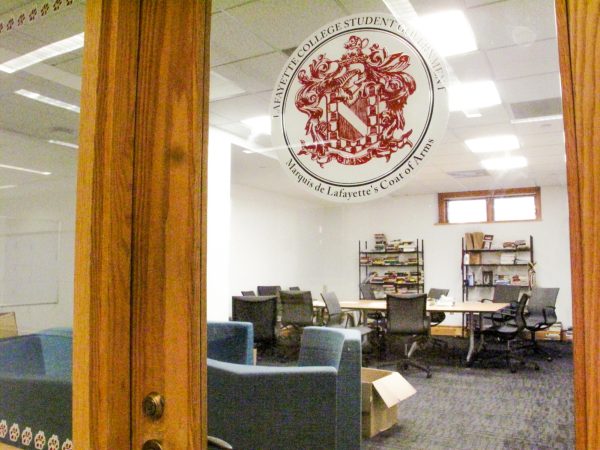

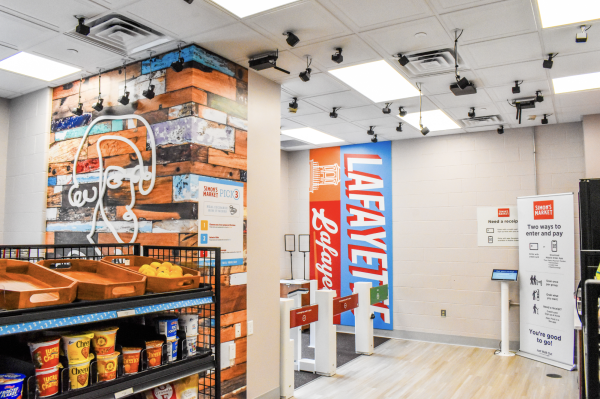

Jake Z. • Oct 22, 2021 at 3:50 pm
Not really sure why we are complaining about not getting to study abroad twice when Lafayette paid for you to go the fist time… Some people can’t study abroad once because they have a difficult major
John Zale • Oct 22, 2021 at 3:33 pm
If not everyone gets to study abroad once, are we really complaining that you can’t go again? Lafayette paid the first time…
Imane halal • Dec 1, 2021 at 2:00 pm
No one is complaining, I simply am voicing my thoughts and my experience. Me not being able to study in Senegal has nothing to do with major and everything with the institution not providing resources, when the money is there!